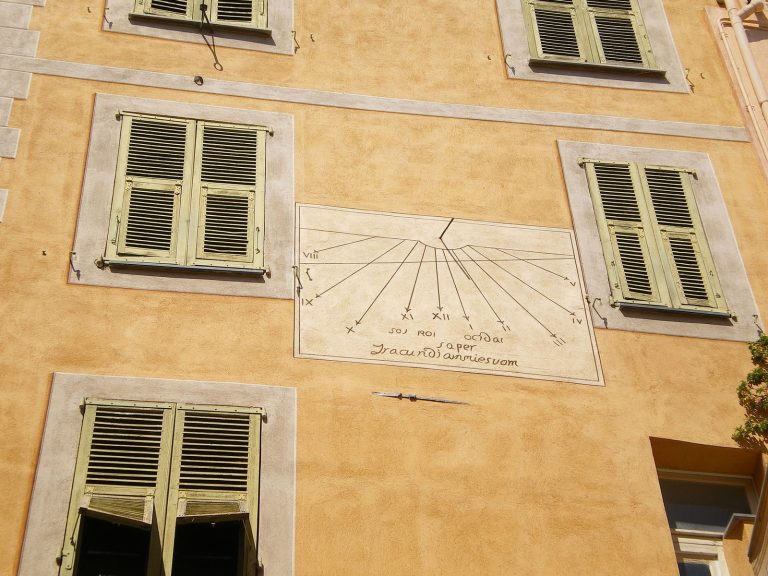This following article is hilarious and is taken from http://www.blablablah.org/ – please click on this link to take you to the Blah Blah Blah magazine that covers the Languedoc region in France to read many more excellent articles like this one.
Is issime OTT?
Are the French prone to exaggeration? Rapid-fire judgment? Highly excessive off-the-charts over-statements? It’s too soon to tell, but the impassioned use of the suffix issime (pronounced ee-seem) appears to be a first piece of evidence. Attach issime to the end of an already assertive adjective and an authoritative piece of opinionated wisdom follows without fail.
Example: a wealthy man is not merely riche à millions, idly rolling about in the midst of a few million pieces of shiny currency; non, a very rich man would be richissime, helplessly drowning in banknotes, wallowing in bling bling, perilously stooped under the weight of lustrous gold bullion. Get it? Issime is the suffix that goes the extra mile.
Or take the landscape: Un paysage sublime? How very pedestrian. Look again. There you see an expanse of tender, rolling hills. Fine. But with a little effort, you also discern far-off church spires, Fisher-Price sheep dotting the hillside as they graze in peaceful, oblivious contentment. Sublime, you said? I beg your pardon. Such a vista is nothing less than sublimissime (su-blee-me-seem). Go for it, tell it like it is.
Unfortunately, for some unknown linguistic reason, not all adjectives are comfortable with the issime addition. In this case, one can always resort to the three-time repetition, a conversational consolidation that will surprise no one in France. A rather nice man, therefore, is not just gentil. He is gentil gentil gentil. The latest heartthrob whose face and physique adorn all the movie magazines at the local kiosque is more than beau. He is actually beau beau beau. And the world we live in, suffice it to say, is not just crazy. Face the facts. It is frankly and forever fou fou fou.
But living in France, in addition to being culturally colourful (colourful colourful colourful!) and endlessly fascinating, also affords uncommon exposure to catastrophes. C’est unecatastrophe (kah-tah-strofe) is a common, everyday declaration in France. We are not referring to economic crises, natural disasters or
man-made creations of strife and struggle. Pas du tout. The French are inspired by run-of-the-mill catastrophes, examples of which abound in everyday life: My neighbour went on a three-day hunting expedition with four
other buddies and forgot to pack the pepper, depriving them all of a few precious savory grains on sizzling steaks. What are we really talking about? Une catastrophe.
My English learners fumble around with the present continuous tense, causing a communication breakdown for as many as thirty seconds. What’s really going on? C’est une catastrophe.
A young mother bemoans her son’s penmanship, noting with sombre consternation a couple of disobedient curlicues, some that droop too low, others that reach too high. Oh là là,c’est une catastrophe!
It’s a wonder we manage to get through the day with so many catastrophes hovering over our heads. And yet we do… everyday, day after day as well as the successive days that roll into weeks and months until… monDieu… here we are in December. C’est… c’est… what could it be?… C’est un miracle! At long last, thanks to the twelfth month of the year, we can change our tune even if it means managing without a catastrophe or two. The time has come for Yuletide joy, for peace and good will, for laying the table and inviting the guests. Already? Oui! C’est fou fou fou, but there you go. Joyeuses Fêtes!
By Meredith Escudier from Blah Blah Blah magazine




